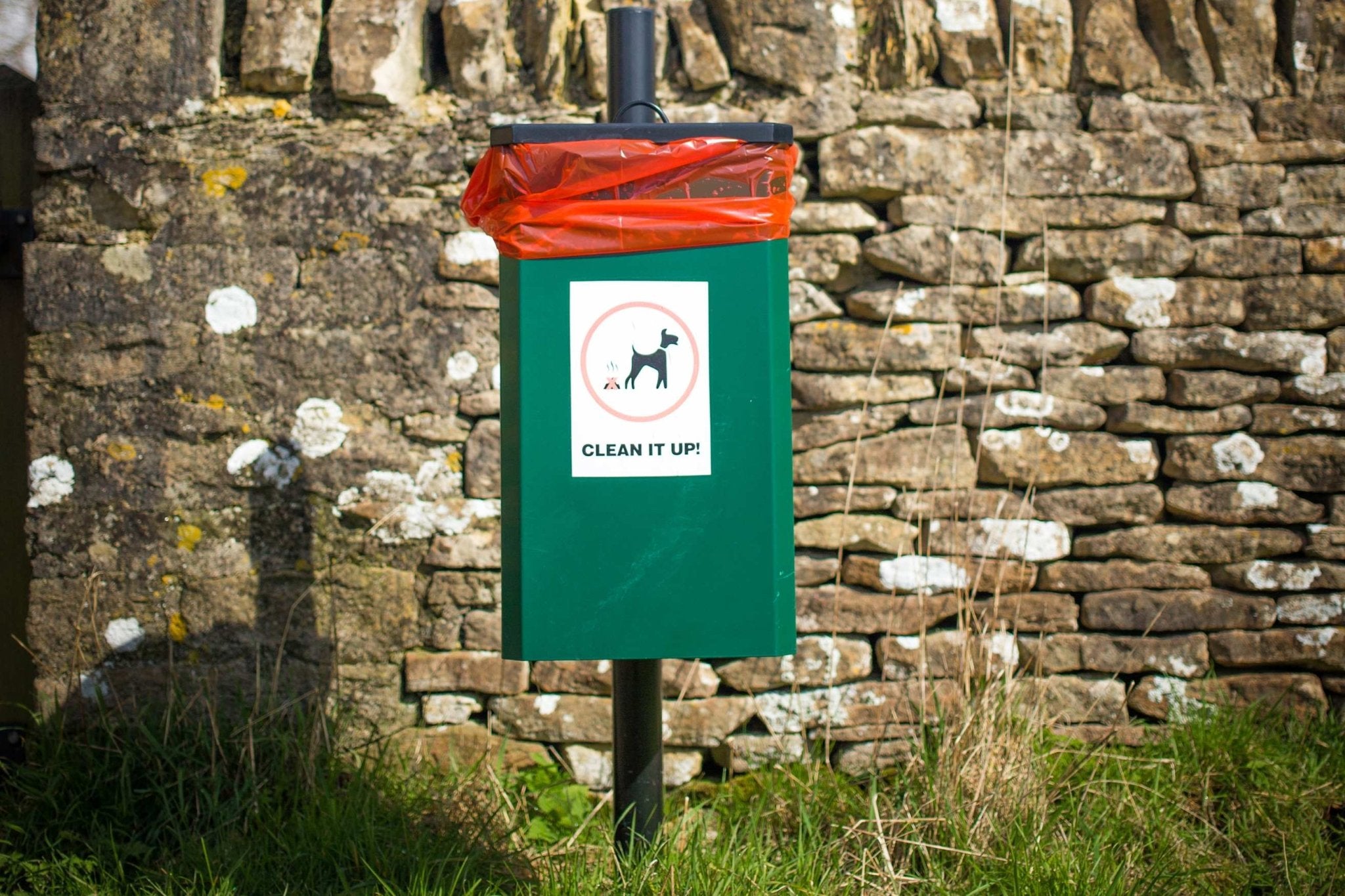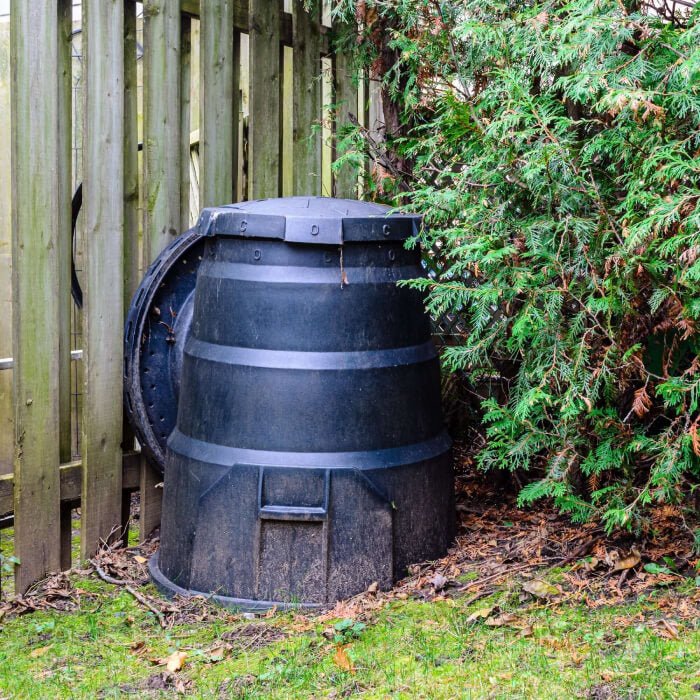Plastics are an extremely useful groups of materials, with incredible strength to weight ratios and flexibility, allowing us to reduce food waste, reduce the energy needed in transporting goods and some plastics can now be made from plants.
The problem with plastic is that it's still usually made from fossil fuels, only 9% is ever recycled and it takes thousands of years to biodegrade.
The key is how we use it, not using more than is necessary and when we do, disposing of it responsibly. Ideally plastics would be used many times over before they reach their end of life, but unfortunately we are still a long way off this.
However, there are many ways we can reduce our plastic use when caring for our pets and the following blog aims to explore them!

Plastic-free pet food.
-
Buy in bulk.
-
Avoid plastic sachets of pet food, opt for tins or foil trays or paper packaging.
-
Some pet shops sell plastic-free pet food, pick'n'mix style, allowing you to bring your own reusable bags!
-
Don’t make your own pet food! Unlike many people in sustainability circles, we don’t recommend D.I.Y pet food…
Why? Research has shown time and again, that most recipes for homemade diets are nutritionally deficient, even those from websites, veterinary text books, and pet care books. Other studies have shown that there are large variations in the nutritional profile of the same recipe when prepared by different people. So while it’s not impossible, it’s an extremely difficult task that shouldn’t be attempted without a board certified veterinary nutritionist.

Plastic-free treats.
-
Make your own! Okay so we do recommend this since treats should only make up a small part of your pets diet. Broccoli, medium sized carrot, cucumber, courgette, celery and ice cubes (flavoured with a little stock!) are great plastic free alternatives that act like chews!
-
Or, if you're feeling a little lazy check out Pet Impact's plastic-free treats…
-
Simply use some of your pet's kibble from their breakfast or dinner!
-
To make treats last longer, hide them or place them in toys.
Remember, no more than 10% of your pet's total daily calories should come from treats!
Plastic-free products.
Now this is a big category... but to break it down and kick off with a few tips:
-
Collars, leads & harnesses - avoid nylon, polyester and other synthetic materials if possible. Instead try natural biodegradable materials like leather, cork or hemp!
-
Feeding bowls - consider stainless steel, bamboo or ceramic.
-
Beds - again, try to avoid synthetic materials such as nylon and polyester (these are made from plastic!), consider making your own beds with an old suitcase, pillows and bed sheets! Or opt for material materials like recycled cotton.
-
Grooming brushes - there are bamboo or wooden combs and brushes out there, so consider these instead of plastic ones.
-
Cleaning products - consider making your own and re-using old bottles. Many cleaning products contain toxic non-biodegradable chemicals that remain in the environment for long periods of time. There are many D.I.Y recipes out there but to get you started, try mixing equal parts of distilled white vinegar and water, with the juice of a lemon for a pet safe bleach alternative or simply add castile soap to water for an all-purpose cleaner!
-
Shampoo and conditioner - this is an easy one... swap your bottled shampoos and conditioners for plastic-free bars! Oat milk based shampoo bars are great for dogs with sensitive skin as they are moisturising without being irritating and allow an even distribution of shampoo across the entire coat, unlike bottled shampoo which tends to concentrate in one spot.
-
Instead of a lint roller - use a rubber washing up glove! Trust us, it looks a treat to gather up those pesky hairs.

Plastic Free Toys.
-
Choose toys made from natural materials, such as hemp, recycled cotton, natural rubber!
-
Avoid tennis balls - the felt on the surface sheds microplastics and also collects dirt over time, acting like sandpaper wearing down your dog’s teeth. Opt for a smooth natural rubber ball instead.
-
Use food for play instead, such as hiding treats or using snuffle mats or kongs.
-
Make your own toys.
-
Play with your pet. Playing with your pet increases social bonding, is fun and gives both of you a good workout!
-
Rotate toys to make them last longer and prevent your pet getting bored.
Plastic-free Poop.
-
Use plant-based fully certified compostable poo bags if your poo bags are actually going into the compost! If they go into general waste (i.e. landfill/incineration) it may be better to re-use non-recyclable single-use plastic (which is already destined to go there) or consider recycled plastic poo bags.
-
Another option is to use a reusable poo bag (not for the faint hearted!) and a dog poo wormery, turning your waste into worm compost (also known as vermicompost) and liquid fertiliser.
-
Paper packaged cat litter, such as Natusan.
-
Second-hand cat litter box or bamboo cat litter box.
-
Make your own cat litter scoop with an old plastic container or milk bottle.
-
We do not recommend flushing any pet poo unless you have checked with your local water supplier first (and never flush cat poop).
Plastic-free medicines and supplements.
-
You can recycle these pesky plastic medicine packets at some local pharmacies, such as Superdrug. So make sure to save them up for your next trip into town!
-
If your vet dispenses your medicines in a plastic wallet/bag, ask them to swap to a paper bag instead.
-
Only use supplements if needed.
Over recent years there has been a boom in pet supplements. Some pets with chronic health conditions such as skin allergies or osteoarthritis hugely benefit from these. However, most healthy pets on a 'complete' pet food should not necessarily need additional supplementation, since a ‘complete’ food will meet all their nutritional requirements. Furthermore, some supplements have better evidence-based benefits than others. So we advise speaking with your vet before starting any supplements for your individual pet.
Plastic free dental care.
-
Use a bamboo/wooden toothbrush. There are dog/cat specific toothbrushes online or you can use a baby toothbrush.
-
Or use a silicone finger brush.
We haven't been able to find a veterinary approved plastic-free toothpaste yet but hopefully some will be developed in the future!







Leave a comment